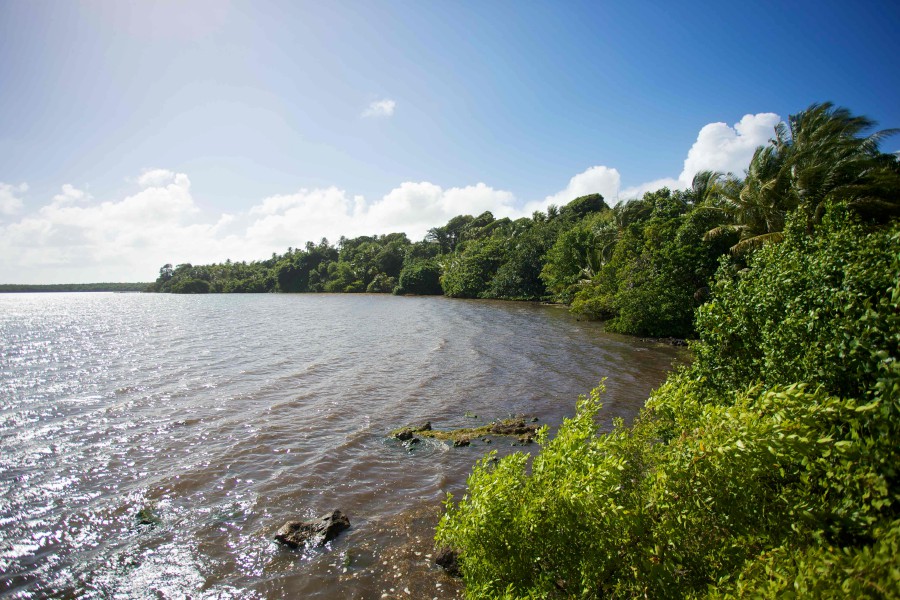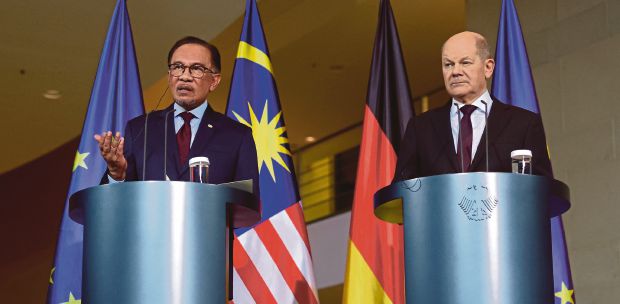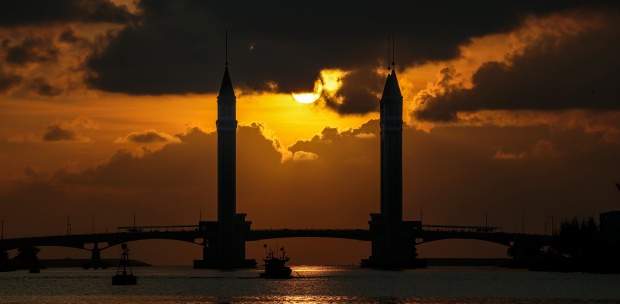The last few weeks have seen climate change at the center of the global conversation. Even in Malaysia it is interesting to see more and more opinion contributions focused on it.
If someone had asked me which "big areas" Malaysia should pay attention to for next year but also beyond, with no hesitation I would have picked health, environment, inclusive economy and social work.
In order to have transformational change to happen, money will be key and that's why focusing on green finance should the focus in 2021.
It is true that the recently approved budget made some positive inroads in terms of iniatiative and resources to be allocated to the environment as assessed by WWF-Malaysia and by a comprehensive review in this newspaper by Amanda Yeo with EMIR Research.
At the same time I am wondering how Malaysia could miss out the train during the virtual Climate Ambition Summit. The reason for the country not being invited to this prestigious forum is, frankly speaking, very simple: Malaysia has not formulated yet new any ambitious green emission reduction targets.
Tiny and lonely Taiwan, while did not pledge yet any bold cuts, is working hard on the issue as reported by Climate Change News. Members of the parliament there are working hard with the Environmental Protection Agency to envision different models to drastically scale down greenhouse emissions with the bold goal of meeting a zero emission scenario by 2050.
Now no one would expect Malaysia, a country whose economic growth has been, for decades, empowered by fossil fuels, being able to announce a drastic pledge but at least there should be a national conversation about it.
One exemplary model of creating awareness on the issue is the Malaysian Youth Delegation (MYD), a civil society group of youth activists. In the past few weeks, MYD organised the annual Malaysian Local Conference of Youth with an incredible panel of speakers focused on fresh ideas to re-boot the climate conversations in the country.
In a recent event organised by the British High Commission, MYD Project Manager Julian Theseira explained how the 2020 conference was focused on "nature based solutions" recognising how "climate change and biodiversity loss are interconnected crises and that nature based solutions can help resolve both crises".
The government seems to understand the importance of linking the dots and on investing in a green economy. Senior Advisor to the Prime Minister on Public Health, Tan Sri Dr. Jemilah Mahmood, shared in a forum organised by the Climate Governance Malaysia, the local affiliate to the World Economic Forum's Climate Governance Initiative: health itself will depend so much on the actions taken to fight climate change.
She is amazed at why we are not panicking before the climate challenge the same way we are with Covid-19. What we need is to be bold in thinking as well as planning. The problem is how to shift the attention towards the action part of the climate discussions.
Prime Minister Tan Sri Muhyiddin Yassin just declared that Malaysia will strive to improve its pro-business ecosystem, reconfirming that the country will be open to trade, leveraging the recently signed Regional Comprehensive Economic Partnership agreement.
Muhyiddin is right on branding the country as a key destination for business but he and other political leaders should be choosy on attracting the right type of investments, the ones that can really help Malaysia transition to a net zero economy.
Now good news, CIMB Group Holdings of Malaysia was recently reported to commit to a phase out of coal from its portfolio by 2040 globally. This is a bold statement that should pave the way for other banks to follow through.
The recently released Human Development Report saw Malaysia ranked only 62 in the global Human Development Index. A country like Malaysia should expect a much better ranking. The hope is that bold climate targets together with investments in public policies in the area of health and social inclusion, could help the country take a quantum leap in the top 20 within five years from now.
It is better that all prominent leaders have a one to one meeting with MYD team and other activists before preparing their plans for the coming year. The sooner, the better.
The author is the Co-Founder of ENGAGE and writes on social inclusion, youth development, regional integration and the SDGs in the context of Asia Pacific.






